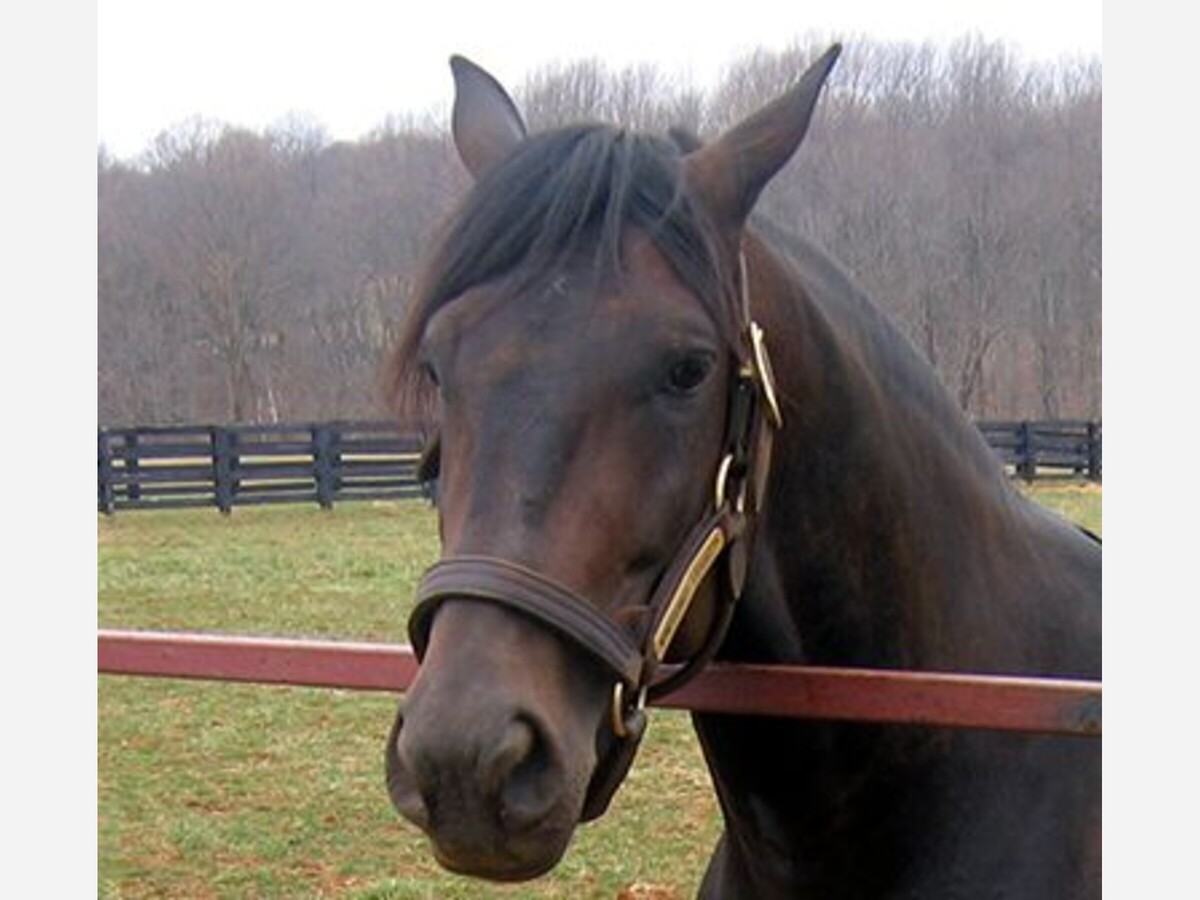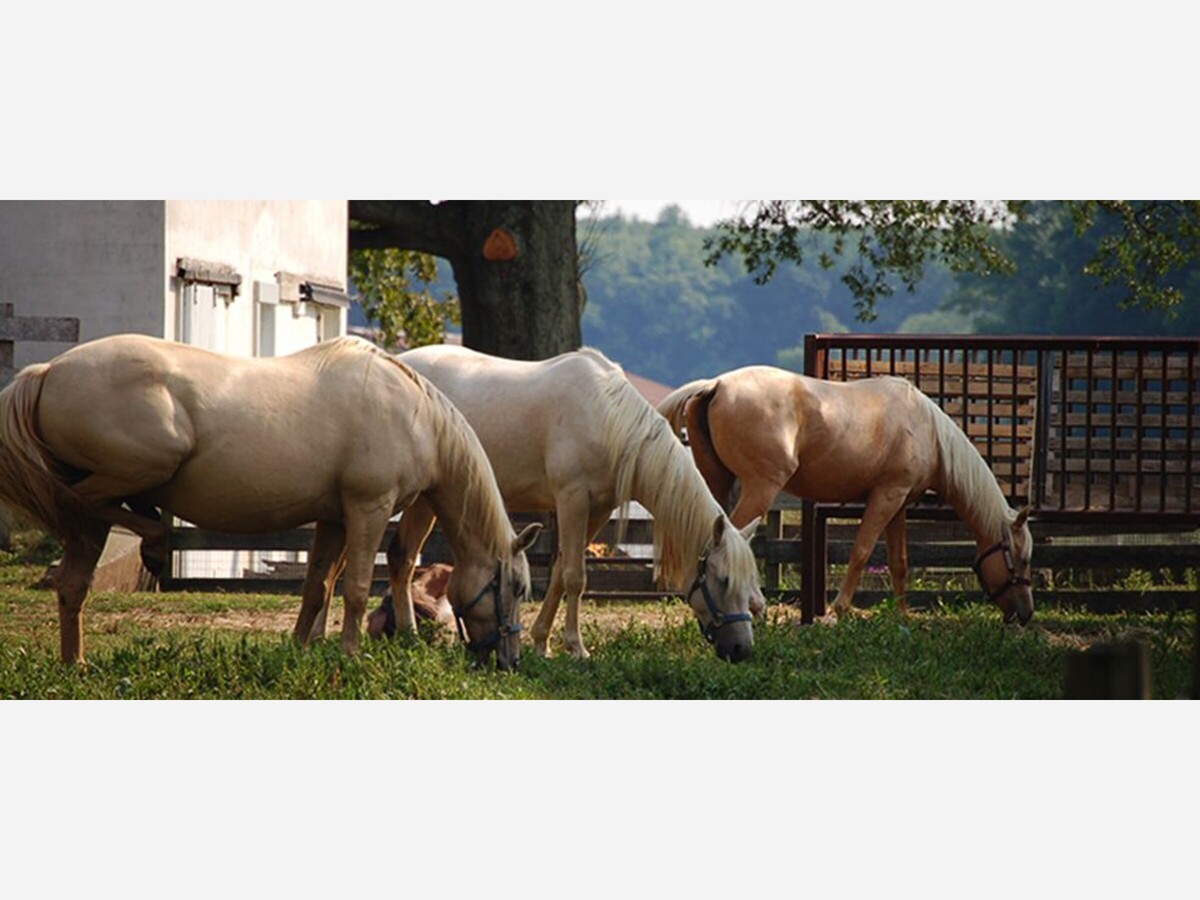First Case of Eastern Equine Encephalitis in New Jersey for 2024 Reported in Atlantic County
A 15-year-old mare in Atlantic County has been identified as New Jersey's first confirmed case of Eastern Equine Encephalitis (EEE) for 2024. This mosquito-borne illness, which severely impacts horses, led to the horse's death on August 3, 2024.
The mare exhibited symptoms including fever, ataxia in both the front and rear legs, and an inability to rise. Despite receiving a recent vaccination on July 29, 2024, the horse succumbed to the disease. The history of previous vaccinations for the horse remains unknown.
EEE, which causes inflammation of the brain tissue, poses a significantly higher mortality risk in horses compared to West Nile Virus (WNV). Both EEE and WNV are transmitted through mosquito bites, with the viruses cycling between birds and mosquitoes. Horses and humans, however, are considered "dead-end" hosts, meaning they do not significantly contribute to the transmission cycle.
Mosquito populations across most regions in New Jersey are currently near the five-year average. The first EEE-positive mosquito pool of the year was detected in Cape May County, with additional positive pools found in Morris and Union counties.
“We continue to encourage horse owners to be vigilant in vaccinating their animals against these diseases spread by mosquitoes,” New Jersey Secretary of Agriculture Ed Wengryn said. “Vaccinated animals are much less likely to contract deadly diseases such as EEE and West Nile Virus.”
Livestock owners are strongly urged to vaccinate their animals against EEE, WNV, and other mosquito-borne diseases. Effective vaccines are commercially available, and horse owners should consult their veterinarians to ensure their horses are up to date on these vaccinations.
For additional information about EEE in horses, visit the New Jersey Department of Agriculture website.
EEE and WNV, along with other viral diseases affecting a horse’s neurological system, must be reported to the State Veterinarian at 609-671-6400 within 48 hours of diagnosis. The New Jersey Animal Health Diagnostic Laboratory, which assists with EEE and WNV testing, can be contacted at 609-406-6999 or via email at jerseyvetlab@ag.nj.gov. More information about the lab can be found at www.jerseyvetlab.nj.gov.
















